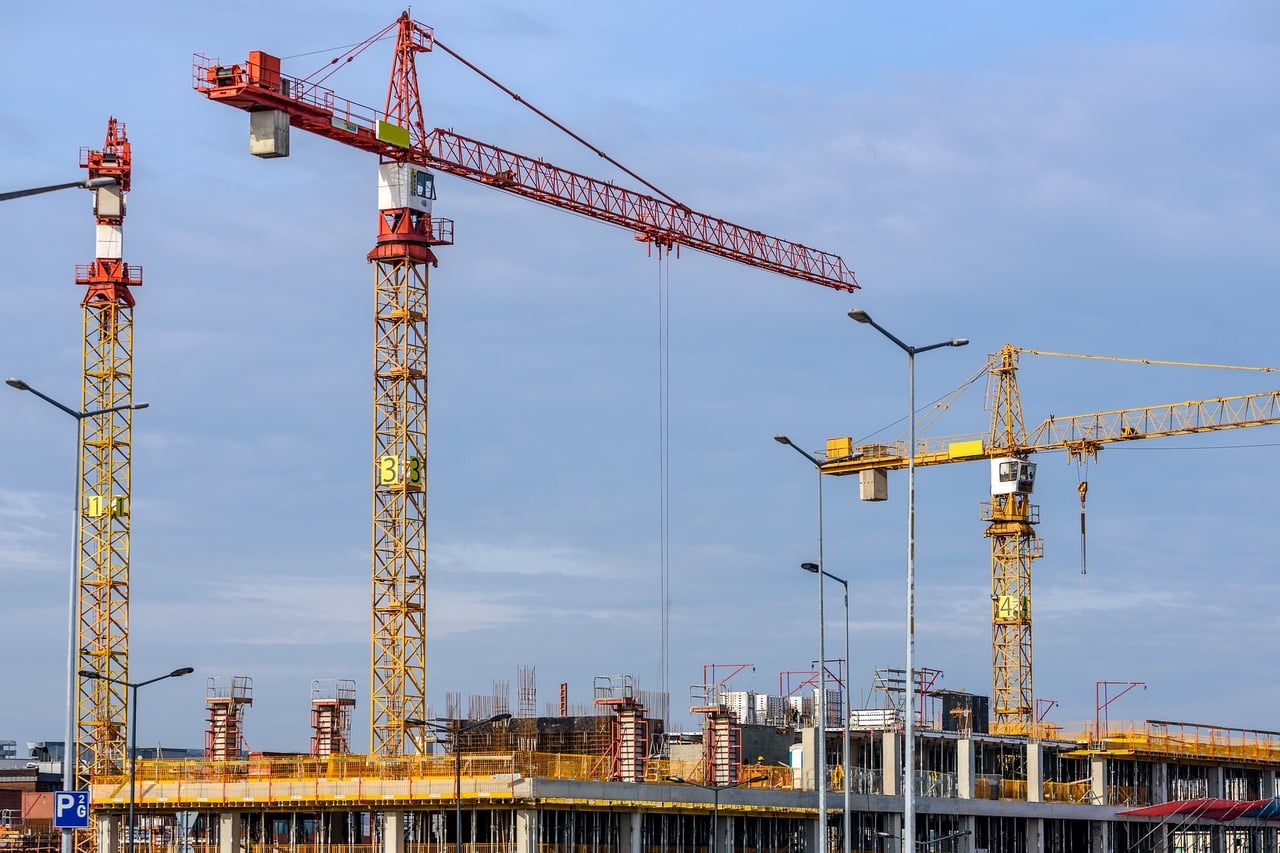The real estate industry views January 2024 with moderate optimism. During the first month of the year, fewer apartments were released for use than a year ago, but the number of units for which construction permits were issued increased. A lack of growth is also evident in the public, cooperative, and social housing sectors. The data released by the Central Statistical Office for January 2024 highlights the need to implement required systemic changes.
Building Permissions
“2023 was the weakest in the last 5 years when it comes to the number of construction permits issued to developers. Permission was given for the construction of 40,000 fewer units than the previous year. The smaller number of permits can be partially explained by an excess of permits accumulated during the weak market year of 2022. In a broader context, we can observe structural supply problems, especially in the country’s largest metropolises,” says Patryk Kozierkiewicz, an expert of the Polish Association of Real Estate Companies.
In January of this year, investors received 14.6 thousand permits, which is the third-best monthly result within the last 12 months. This gives hope that this year’s dynamic of issued permits will be at least similar, possibly even slightly better than that observed last year. Last year’s good sales results, the announcement of the “Credit for Start” program, and the desire to undertake investment projects based on current technical conditions (new regulations take effect on April 1) may encourage increased investor activity in the first half of the year. The upcoming local elections, which will focus officials on other issues and increase reluctance to make potentially controversial decisions, may be a deterrent.
The most important challenge for the market and government will be to systematically improve the supply of new investments, which requires legislative changes, such as in the housing act or spatial planning reform.
Starting Investments
Although tens of thousands fewer units started construction over the last two years compared to 2018-2021, the market is expected to improve somewhat this year.
In January, more than 12,000 new apartments began construction, a result more than 100% better than the dismal figures from the same period in 2023. This indicates a continued trend of gradual supply recovery, observed since the Safe Loan 2% program was implemented.
However, it is uncertain whether this trend will continue throughout the year. The industry lacks confidence about when a new program facilitating apartment purchases will be introduced, its scope, and how buyers will react until it is operational. Moreover, there is a lack of land and new construction permits, which are natural barriers to starting new investments. Without maintaining an appropriate pace of new introductions, housing availability in Poland will decline.
There is also concern about the number of investments started in the cooperative and public housing sectors. Only 41 units began construction (23 apartments are being built in the cooperative sector, 18 units in the public sector). This suggests that solutions are still lacking for those who can’t afford to buy a home at market conditions. Social housing, on the other hand, started construction of 98 residential units across the country.
Occupancy Permits
8.3 thousand apartments released for use in the developer sector is the worst monthly result in more than 5 years. This is a result of the dismal results of new investment introductions observed in 2022. As the average construction period for a multi-family building is around 22 months, this low investment activity will be reflected in current data on occupancy permits. The above confirms the predictions of the PZFD, which warned about the need to improve the supply situation, which partially happened thanks to the launch of the BK2% program.
The small number of new investments results in a smaller number of occupancy permits, which results in fewer units being transferred to Poles’ hands. Maintaining this trend would exacerbate housing availability issues and worsen the existing housing gap. Therefore, it will be important for the government to take systemic, legislative action that will improve the conditions for carrying out investment processes in Poland.
